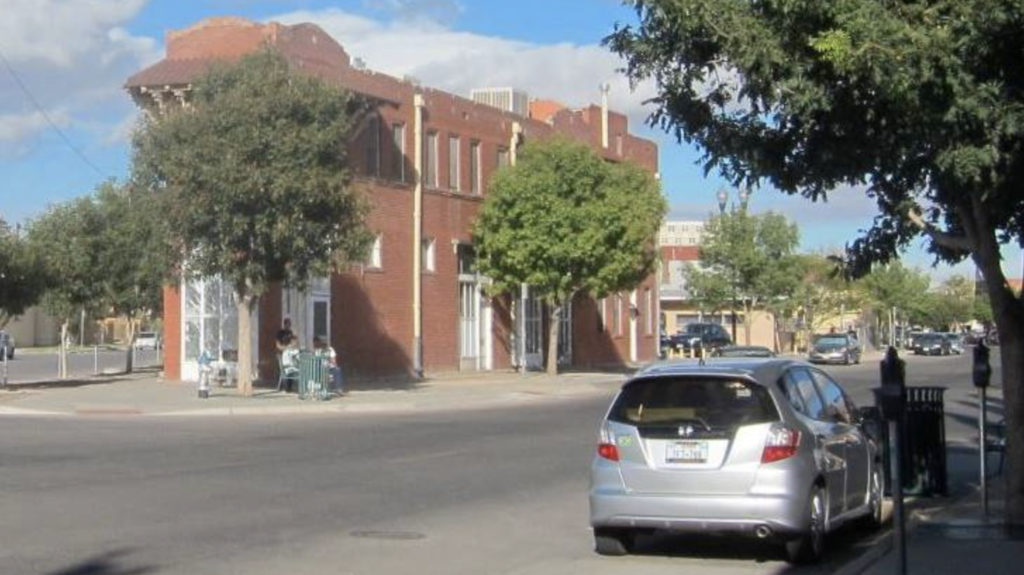A Texas judge has temporarily blocked the state attorney general’s efforts to close an El Paso-based Catholic nonprofit accused of facilitating human smuggling.
El Paso County District Court Judge Francisco Dominguez ruled on Monday that Attorney General Ken Paxton could not revoke Annunciation House’s license to operate for now or force it to immediately turn over documents. This allows the nonprofit to continue operations as normal for the time being.
In his ruling, obtained by CNA on Monday, Dominguez accused Paxton of running “roughshod” over Annunciation House “without regard to due process or fair play.”
“There is a real and credible concern that the attempt to prevent Annunciation House from conducting business in Texas was predetermined,” Dominguez wrote in his ruling.
“The attorney general’s efforts to run roughshod over Annunciation House, without regard to due process or fair play, call into question the true motivation for the attorney general’s attempt to prevent Annunciation House from providing the humanitarian and social services that it provides.”
Located just a few minutes from the U.S.-Mexico border, the El Paso-based Annunciation House offers migrants temporary shelter, food and clothing, and advocates on their behalf.
The attorney general’s office first approached Annunciation House on Feb. 7 with concerns that it may be facilitating illegal immigration. Paxton’s office ordered the nonprofit to immediately turn over various documents and records to examine whether it is engaged in illegal activities.
Annunciation House’s lawyers requested 30 days to respond, but the attorney general’s office refused. Rather, Paxton’s office informed the organization that if it did not provide the requested documents by Feb. 8, which was the following day, that it would “be in noncompliance.”
On Feb. 20 Paxton filed a lawsuit against Annunciation House, accusing the nonprofit of being “engaged in the operation of an illegal stash house by potentially allowing others to use its real estate to engage in human smuggling.”
The lawsuit asked the District Court of El Paso County to revoke the organization’s nonprofit registration, which would prohibit it from continuing to operate in Texas.
In response to the lawsuit, Annunciation House issued a statement that called Paxton’s actions “illegal, immoral, and anti-faith” and his allegations “unfounded.”
Jerome Wesevich, an attorney representing Annunciation House, celebrated the ruling in a statement released Monday.
“We’re very pleased with the court’s ruling regarding Annunciation House. The court demands that standard civil procedures be followed, which will mean a fair and orderly process for determining what documents the law allows the attorney general to see,” Wesevich said.
“Annunciation House needs to collect sensitive information, including health information, concerning its guests, and it is imperative for the safety and well-being of the community that the releasing of this sensitive information be handled with care and the law in mind,” Wesevich said.
The Texas attorney general’s office did not immediately respond to CNA’s request for comment.

